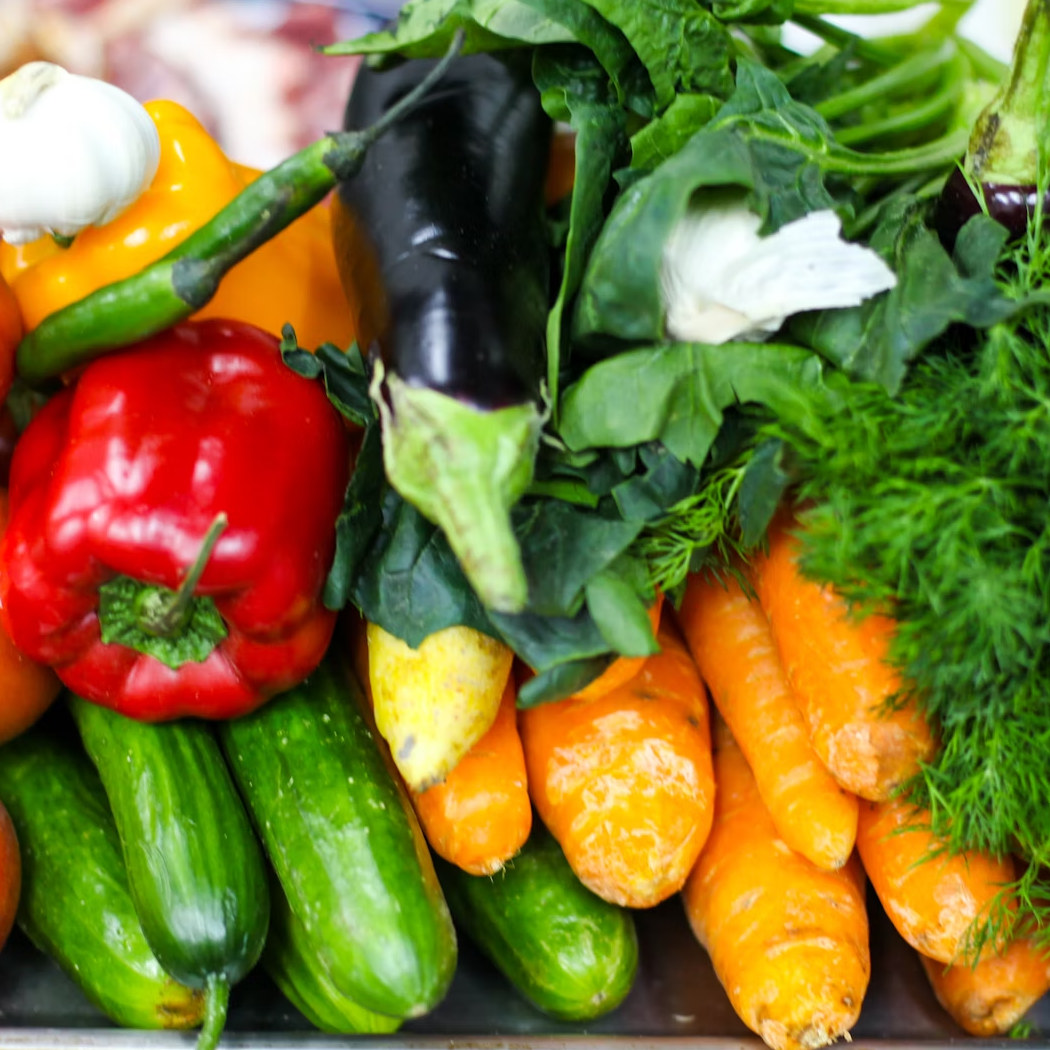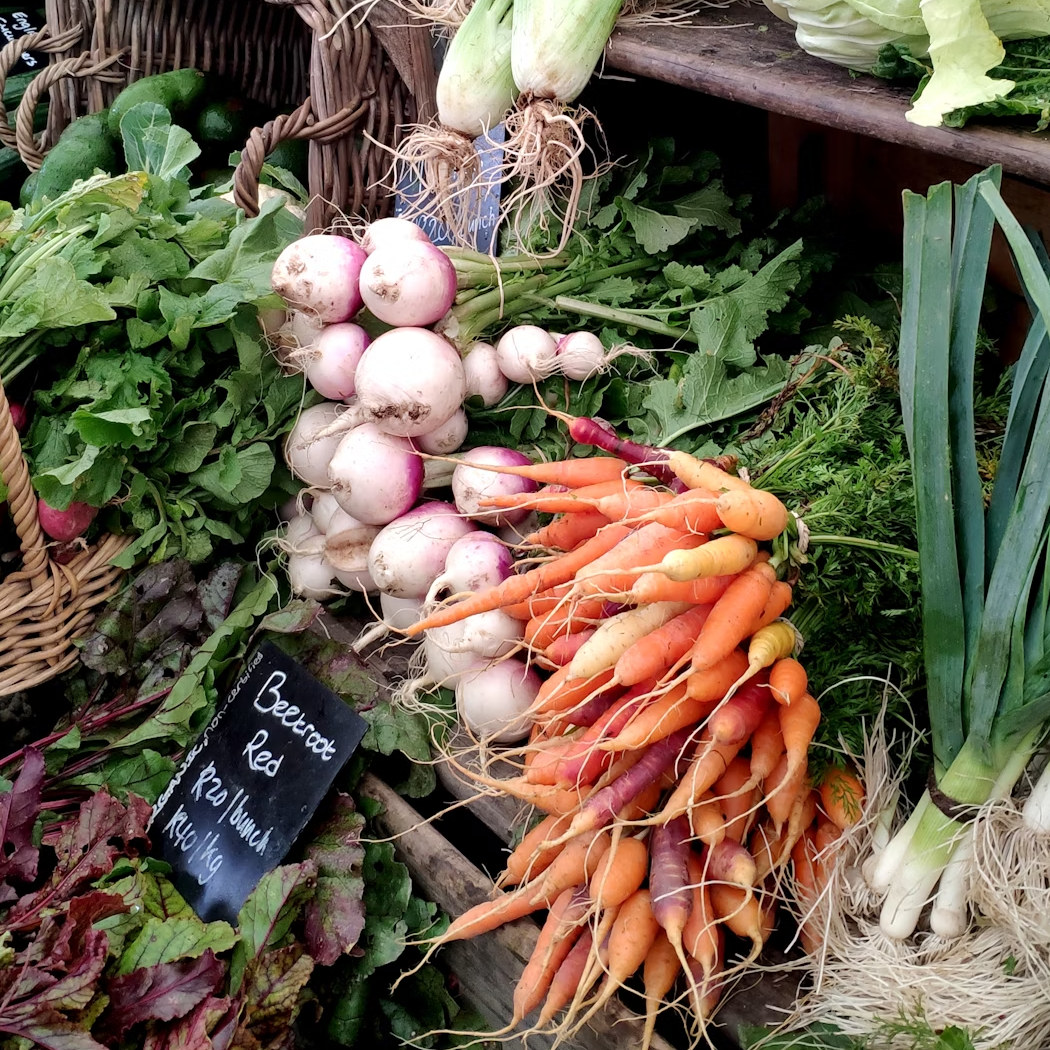Let's talk about sugar.
Whether you are buying organic raw sugar, white castor sugar, brown sugar, cane sugar, palm sugar, blackstrap molasses, agave nectar, barley malt, icing sugar, corn syrup, rice syrup, golden syrup, maple syrup,... sugar is sugar!
Unless it comes from a wholefood, straight from mother nature with zero processing, you best think twice. Sugar feeds our cells and gives us energy, yes. It can be considered as one of our preferred forms of fuel. The best source of fuel for our human design is in wholefood form, like from an apple, an orange, a handful of blueberries or a banana.
Thanks to clever marketing, poor food labelling laws and advertising, the evolution of food manufacturing and our societal and cultural conditioning, we have fallen victim to the sweet but deadly sugar trap!
That refined crystal like substance that is left behind after many rigorous processes and steps, may look and taste sweet, but has zero long term health benefits. What was once a wholefood like sugar cane, or sugar beets, has been refined into nutrient less dust or liquid causing more harm than good.
We all know sugar is not good for us, yet the majority still turn to it and celebrate it. Be it for that pick me up, to comfort us after a long day, to combat boredom, as a distraction, to retreat and not deal with a situation or feeling, as the hero ingredient in our yearly birthday cakes or as a reward or treat.
Sugar has become so engrained in our cultural and is so socially accepted, even in moderation. But what are the long term effects of our moderated and unmoderated consumption of the substance?
The Australian Institute of Health of Welfare state that only one in ten adults meet the daily recommended intake for vegetable consumption, with one third of Australian's getting their main source of energy from discretionary foods (this includes refined sugary drinks and foods with added sugar).
The AIHW believe that many chronic health conditions such as obesity, coronary heart disease, stroke, high blood pressure, some forms of cancer and type 2 diabetes are linked to poor dietary choices.
That high or 'warm and fuzzy' feeling you may experience straight after or whilst consuming your favourite sugary easter treat this year, has also been proven to increase your risk of depression.

In the rest of this article, Garden of Vegans' resident Lifestyle Medicine Practitioner Robyn Chuter shares with us some findings on sugar intake and its' direct link to depression.
Hear what Robyn has to say...
The review, titled The depressogenic potential of added dietary sugars, summarises the current state of scientific knowledge on the effects of the ubiquitous sweet stuff on our mood, and the mechanisms by which those effects occur.
First, what is the evidence that added sweeteners sour our mood? There are three types of study designs that can shed light on the sugar-mood connection: cross-sectional studies, which examine people’s current sugar intake to see if there is any association between high and low consumption and how depressed they are; cohort studies, which track a large group of people over time to see if their sugar intake affects their risk of becoming depressed; and experimental studies, which deliberately manipulate participants’ sugar intake in order to gauge short-term effects on mood.
All three types of studies provide quite clear and consistent evidence that the more added sugars a person consumes, the higher their risk of depression.
For example, a meta-analysis of 10 cross-sectional studies found that those who consumed the most sugar-sweetened beverages (such as soft drinks, sweetened iced tea, juice drinks and energy drinks) had a 30% higher risk of being depressed than those who drank the least.
Prospective cohort studies find a roughly 20% higher risk of becoming depressed in those with the highest consumption of added sugars compared with the lowest, and once again, consumption of sugar-sweetened beverages is a particular culprit.
And experimental studies show that added sugars do not have any beneficial effect on mood (contrary to the popular belief in the ‘sugar rush’ effect), and in fact have deleterious effects on components of mood, including alertness and fatigue.
So now we come to the second question: how does the consumption of added sugars affect our mood and depression risk?
The review proposes 6 primary mechanisms: inflammation, gut dysbiosis, dysregulation of dopamine pathways, oxidative stress, insulin resistance and formation of advanced glycation end-products (AGEs). These mechanisms interact with each other in complex ways:
I’ve written many articles about the role that our resident gut bacteria play in health and disease, including mental health. See, for example;
Gut bugs and human health: A tale of two evolutionary trajectories
Fat chance of having a healthy gut
Anxiety and the gut microbiome: How your gut bugs can chill you out or stress you out
Of bugs and brains – how your gut microbiome affects mental health
I’ve also covered the inflammation-depression connection (see Inflammation: why you’re fat, sick, tired, depressed and in pain… and what to do about it and Rumination inflammation), and as you can see from the above diagram, inflammation is inextricably linked with oxidative stress, insulin resistance and AGE formation.
So in this article, I’m going to hone in on the effect of sugar consumption on dopamine signalling in the brain.
Dopamine is a neurotransmitter – a chemical messenger that allows nerve cells to talk to each other, and to muscle and gland cells – associated with reward, learning and motivation. In my previous article, Reprogramming your stone age brain for health and happiness, I explained how the dopamine system gets ‘hijacked’ by supernormal stimuli such as hyperpalatable foods (those rich in calories, fat, refined carbohydrates and/or salt).
Research on sugar in particular indicates that it stimulates the dopamine system, in a dose-dependent fashion; that is, the higher the intake of sugar, the greater the release of dopamine. In the short term, this results in an intense sensation of reward, which prompts us to reach for more sugar (and THAT’S why it’s so hard to stop at one slice of cake or one doughnut!).
However, continual high intake of sugar causes maladaptive changes in the structure and function of dopamine pathways. Over time, the brain reduces the number of dopamine receptors in an attempt to protect itself against continual overstimulation of dopamine pathways (much like people develop ‘tolerance’ to addictive drugs, requiring higher and higher doses to get high).
Interestingly, reduced dopamine activity has been observed in the brains of depressed people. This is associated with the decreased ability to experience pleasure (anhedonia), and the enormous difficulty in motivating themselves to take any actions that might improve their lives, that depressed people experience.
Or in science-speak,
“A substantial body of evidence suggests that chronic added sugar ingestion can interfere with intrinsic reward systems in a manner capable of inducing anhedonia and motivational deficits. Both are hallmark symptoms and maintenance factors of depression.”
Put plainly, over time, eating too much sugar makes you feel like all the joy has been sucked out of life, and causes you to feel like you couldn’t be bothered doing anything – what’s the point, when nothing you do brings you any enjoyment? And the more unmotivated you become, the less you engage in any activities that could make you feel better about yourself, and life in general. It’s quite literally a depressing downward spiral.
Reversing this spiral is not easy. As a person’s dopamine system adapts to a constant barrage of excessive sugar, higher and higher degrees of sweetness are required for them to experience any sensation of reward from eating.
If this person suddenly drops all added sugars and attempts to follow a wholefood plant-based diet, he or she will at first experience no enjoyment from the new way of eating, and will be tempted to abandon it without a clear understanding that this is a temporary state, which will correct itself over time.
How long does it take? The very unsatisfactory answer is, it depends. Genetic variations in dopamine receptor activity, the amount of added sugar the person was previously consuming, the length of time they’ve been overconsuming sugar, and the level of stress in their life will all impact on how quickly their dopamine system recovers its equilibrium to the point where they can once again perceive the natural level of sweetness in whole, natural foods as rewarding.
And there’s an added complication: in the early stages of this recalibration system, added sugar becomes even more reinforcing. That is, if you cut out all added sugars for 1 week and then eat something with an added sweetener, you’ll find it even more rewarding than previously, when you were eating sugar all the time.
I see this pattern all the time in my clients: they stick to a healthy diet with no added sugar for a couple of days, weeks or even months, notice how great they’re feeling and how much sweeter natural foods such as fruits and starchy vegetables taste to them… then they let down their guard, eat just one slice of cake, piece of chocolate or scoop of ice cream, and find themselves bingeing uncontrollably. Back to square one.
How do you escape this dietary Pleasure Trap?
- Clean up your food environment to the fullest extent possible, by purging your home, car and (ideally) workplace of foods and beverages with added sugar.
- Consider doing a water-only fast to rapidly recalibrate your dopamine system. Healthy, unmedicated people can safely fast at home for up to 3 days; anyone with a diagnosed health condition and/or who is taking prescribed medications should seek qualified supervision, preferably in an inpatient setting.
- Adopt a daily mindfulness practice (see Reprogramming your stone age brain for health and happiness) to enhance your awareness of the true reward value of your health-supporting and health-eroding behaviours.
- Learn to use Emotional Freedom Techniques (EFT) to rapidly defuse food cravings (see Understanding – and beating – food cravings).
- Cultivate healthy sources of pleasure in your life, for example listening to music, spending time in nature and with good friends, spending time on a hobby… and my personal favourite, hanging out with dogs:
For more information about this article, connect with Robyn Chuter at; https://empowertotalhealth.com.au/ or via her Facebook page, and LinkedIn.
Robyn offers one on one consultations in person on the Gold Coast, in Sydney and online.
Be sure to check out her website Empower Total Health.
Garden of Vegan can help you combat your sugar cravings and increase your daily vegetables, fruits, nuts, seeds beans and legumes intake.
Head to www.gardenofvegan.com.au to view our menu items, meal plans, organic produce boxes and organic pantry items.
In just a few clicks, have all the food you need, delivered to your door.
From farm to kitchen to door, cooked fresh weekly.
Trust that Garden of Vegans' Meal Plans will meet your macro and mirco nutrient needs whilst helping you maintain a healthy body weight and establish new long lasting health behaviours.
Head to www.gardenofvegan.com.au to place your order today.
TAGS
SHARE VIA
Related Articles
 News
News
New Organic Agriculture Study. Soil treated with organic fertiliz...
October 15, 2024 News
News
Australia is ranked #1 in organic agricultural land usage! Celebr...
September 19, 2024 News
News
Embracing Organic: Celebrating Australian Organic Awareness Month...
September 12, 2024 News
News
